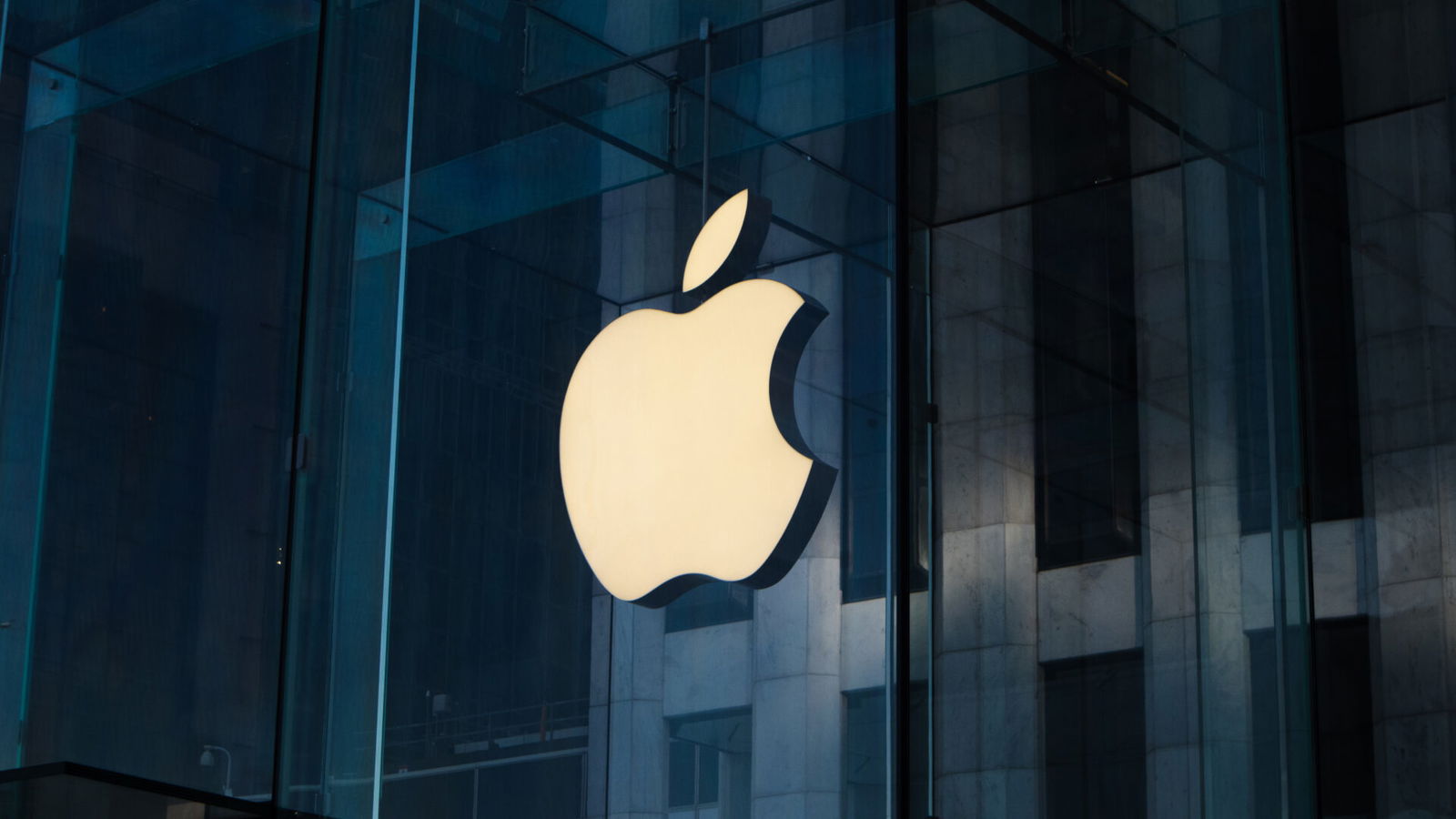
By Gavin Boyle
A court has denied Apple’s appeal that would reverse a ruling removing the company’s ability to continue to collect a fee when users make a purchase outside of the App Store’s built in systems.
“We are disappointed with the decision not to stay the district court’s order, and we’ll continue to argue our case during the appeals process,” an Apple spokesperson said in response to the denied appeal. “As we’ve said before, we strongly disagree with the district court’s opinion. Our goal is to ensure the App Store remains an incredible opportunity for developers and a safe and trusted experience for our users.”
The original ruling came from a years-long court case against Epic Games which pushed back against Apple’s policy to collect a 15-30% fee on any purchase made on any app, even when the transaction occurred through a system not created by Apple. Epic Games had removed its game Fortnite from the App Store in 2020 after losing billions of dollars to this policy.
Related: Epic Games Wins Legal Battle, and Fortnite Returns to App Store
“Apple’s stay is denied by the 9th Circuit Court. The long national nightmare of the Apple tax is ended,” Epic Games CEO Tim Sweeney posted on X after the appellate court decision was released.
Sweeney has been extremely vocal about his company’s lawsuit with Apple, celebrating his victories over Apple while also explaining why the lawsuit is so important.
“It’s a huge victory for developers,” Sweeney said in May. “This means all developers can offer both Apple’s payment service side by side with their own payment service. Apple cannot charge fees on the developers’ own payment services, and developers are free to pass along savings to customers by through differentiated pricing.”
“What this does is it forces Apple to compete with other payment services, rather than blocking them,” he continued. “This is what we wanted all along. We’ve always acknowledged Apple’s right to operate their own store; their right to operate their own payment service. We’ve just always wanted a level playing field in which developers can compete with Apple to offer their own products, and then consumers are free to choose the best, and let the best product win.”
While Apple’s case is not entirely over, having its first appeal denied does not bode well for the company. This, however, is good news for consumers because it will likely lead to lower costs on the App Store as companies can pass on these savings and make their products more affordable.
Read Next: What Fortnite’s Return to Apple App Store Means for Gamers
Questions or comments? Please write to us here.


 - Content:
- Content: 

 – Content:
– Content: 